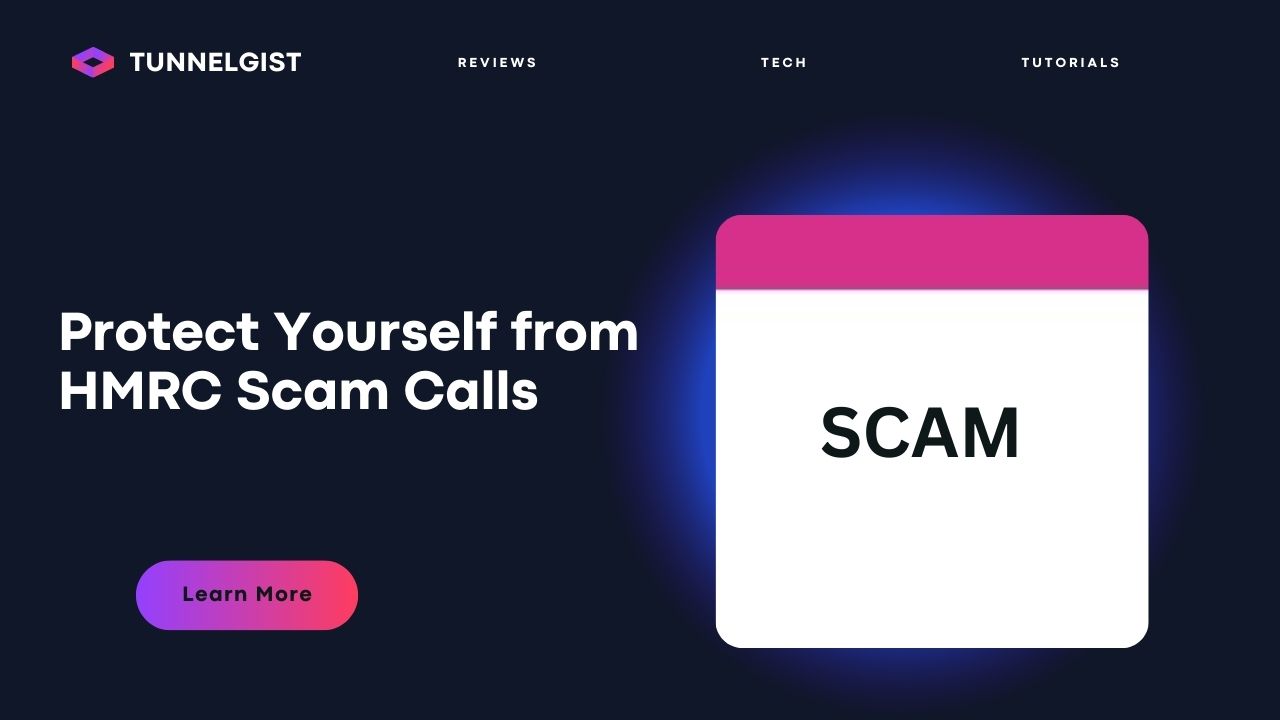
Protect Yourself from HMRC Scam Calls
In recent years, the rise of scam calls targeting individuals and businesses has become a significant concern. One particular type of scam that has gained notoriety is the HMRC scam call. These fraudulent calls impersonate officials from Her Majesty’s Revenue and Customs (HMRC) and aim to deceive unsuspecting victims into providing personal information or making payments.
In this blog post, we will discuss the nature of HMRC scam calls, how to identify them, and most importantly, how to protect yourself from falling victim to these scams.
Learn More
Table of Contents
Understanding HMRC Scam Calls:
HMRC scam calls involve fraudsters posing as HMRC representatives, claiming that you owe taxes or are entitled to a tax refund. The scammers typically use threatening language or offer enticing incentives to manipulate victims into complying with their demands. They may also attempt to convince you to share sensitive information such as bank details, passwords, or personal identification numbers (PINs).
Identifying HMRC Scam Calls:
Recognizing HMRC scam calls can help you avoid becoming a victim. Here are some common signs to watch out for:
1. Unsolicited calls: HMRC will never make unexpected calls demanding immediate payment or personal details over the phone. Be cautious if you receive such a call out of the blue.
2. Threats or urgency: Scammers often use aggressive tactics, such as threatening legal action or arrest if you fail to comply with their demands. Genuine HMRC communications do not employ such tactics.
3. Requests for payment: HMRC will never ask for payment over the phone, especially via gift cards, vouchers, or money transfer services. If someone claiming to be from HMRC requests payment in this manner, it is most likely a scam.
4. Caller ID spoofing: Scammers may manipulate caller ID to make it appear as if the call is coming from a legitimate HMRC number. However, remember that HMRC does not use caller ID in this way, so be cautious regardless of the displayed number.
Protecting Yourself from HMRC Scam Calls:
To safeguard yourself from HMRC scam calls, follow these essential tips:
1. Be skeptical: Always treat unexpected calls from HMRC with caution. Do not provide personal information or make any payments without verifying the authenticity of the call.
2. Verify their identity: Legitimate HMRC representatives will provide their name, employee identification number, and a callback number. Take note of these details and independently verify the caller’s identity by contacting HMRC directly using official contact information.
3. Protect personal information: Never share sensitive information like bank details, passwords, or PINs over the phone, even if the caller claims to be from HMRC. HMRC will never ask for such information over the phone.
4. Report the scam: If you suspect you have received an HMRC scam call, report it to HMRC through their official channels. Additionally, inform your local authorities and consider reporting the incident to Action Fraud, the UK’s national fraud reporting center.
Learn More
Conclusion:
HMRC scam calls continue to pose a threat to individuals and businesses. By familiarizing yourself with the characteristics of these scams and implementing the suggested precautions, you can protect yourself from falling victim to these fraudulent activities. Remember, HMRC will never demand immediate payment over the phone or threaten legal consequences. Stay vigilant, trust your instincts, and report any suspicious calls to the appropriate authorities.

![Latest Clean Up Roblox Codes [month] [year]](https://tunnelgist.com/wp-content/uploads/2024/04/ROBLOX-CODES-_20240402_170517_0000-1.jpg)
![Anime rangers Codes [month] [year] – Roblox](https://tunnelgist.com/wp-content/uploads/2024/04/ROBLOX-CODES-_20240402_154736_0000.jpg)
![Asphalt 9 Codes [month] [year]](https://tunnelgist.com/wp-content/uploads/2024/03/WIKI_20240331_152102_0000.jpg)